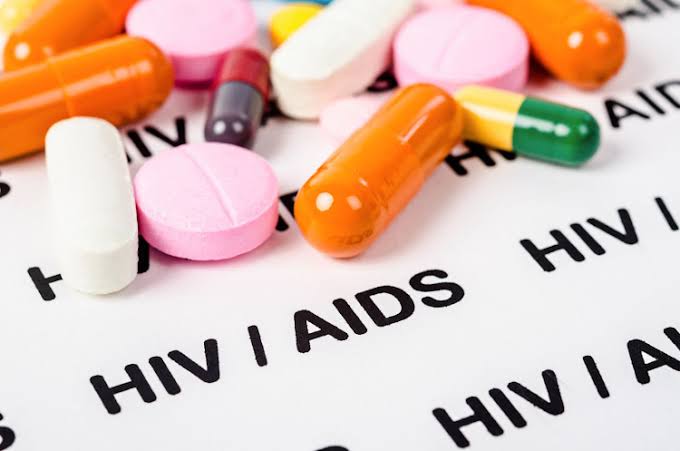A global health crisis is quietly resurging across Africa—one pill at a time.
After years of steady progress, new HIV infections are rising again in countries once shielded by U.S.-funded prevention programs.
The cause: a sweeping freeze on American foreign aid ordered by US President Donald Trump, including cuts to PrEP—the lifesaving daily pill that drastically reduces the risk of contracting HIV.
The President’s Emergency Plan for AIDS Relief (PEPFAR), once hailed as one of America’s greatest soft power achievements, is now faltering.
Launched in 2003, PEPFAR has saved over 25 million lives worldwide.
But in January, Trump paused foreign aid spending and halted grants through USAID, gutting the very infrastructure that delivered HIV prevention across sub-Saharan Africa.
The consequences have been immediate. Clinics that served high-risk groups—gay men, sex workers, and drug users—are closing.
Outreach workers are being laid off. Health systems that relied heavily on PEPFAR now struggle to maintain basic services.
According to PrEPWatch, Africa saw PrEP usage surge from just 700 people in 2016 to over 6 million by late 2024.
More than 90% of that was financed by PEPFAR. The sudden drop in supply is now causing ripple effects across the continent.
UNAIDS has sounded the alarm: a full withdrawal of prevention and treatment programs could lead to 2,300 new infections globally per day, nearly doubling the daily average of 2023.
Already, sub-Saharan Africa accounts for 62% of AIDS-related deaths worldwide.
Activists and medical experts warn that the virus is regaining ground.
“We were on a winning path,” said Professor Linda-Gail Bekker of the University of Cape Town. “This is like taking your eye off a fire—it will flare up again.”
In Nigeria, where HIV prevalence among adult men is 1.3%, the rate skyrockets to 25% among gay and bisexual men.
Outreach groups say that loss of access to PrEP has already resulted in new infections among people who had been protected for years.
Meanwhile, U.S. officials argue it’s time for African governments to take full responsibility.
“The U.S. can’t fund everything,” said Russell Vought, Trump’s budget chief. “Other countries need to step up.”
But many nations can’t. Countries like Malawi, Mozambique, and Zimbabwe relied almost entirely on U.S. funding for HIV prevention.
South Africa, despite its more robust system, has seen a freeze in new PrEP enrollments due to clinic closures tied to the cuts.
Public facilities may offer PrEP, but key populations often avoid them out of fear.
Nine community activists across Africa told Reuters that stigma, harassment, and criminalization prevent many LGBTQ+ individuals from accessing government-run clinics.
As the health crisis spreads, the silence is deafening. Nigeria’s health ministry has yet to comment on the collapse of services.
In Johannesburg, researcher Francois Venter notes that PrEP uptake in the public sector has flatlined since January.
The damage is already being measured in lives.
Echezona, a 30-year-old gay man in Delta State, had taken PrEP every day for three years.
The moment it became unavailable, his risk returned. In early May, he tested positive for HIV.
“I just pray and wish that Trump actually changes his policy,” he says, his voice heavy. “So that the spread and transmission of the virus would be reduced.”
Like many others, he was told the drug was now only available to pregnant and breastfeeding women.
“It’s hard to believe it’s gone. One pill made all the difference,” he says. “And now, I live with this.”







